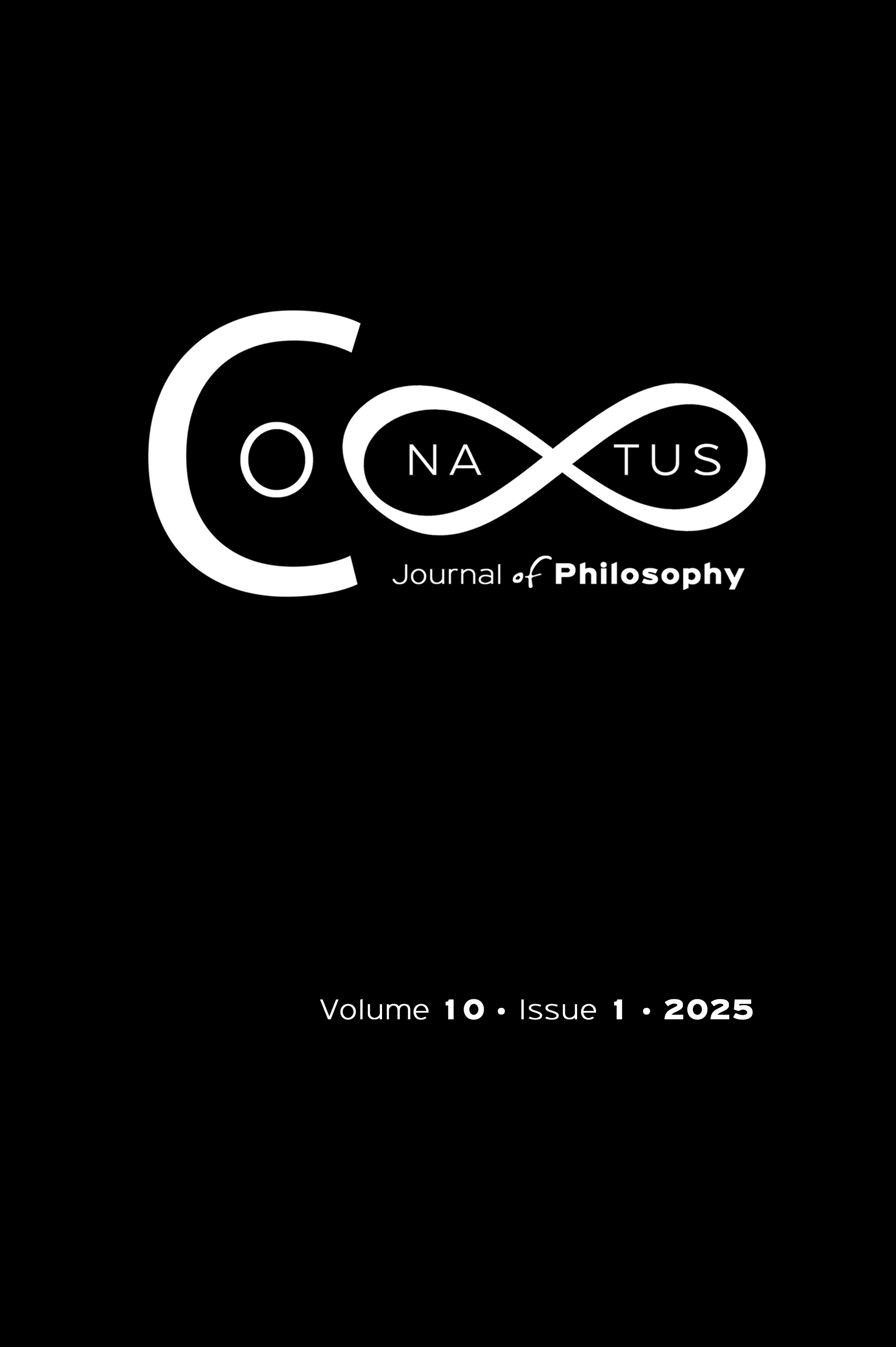Liberalism and Aristotelianism: Reflecting on Alasdair MacIntyre’s After Virtue

Abstract
Alasdair MacIntyre marks liberalism as a key opponent standing in opposition to an Aristotelian virtue ethics framework, and of the ability of communities to base a way of life around virtues centered upon man’s telos and what makes a good human life. This paper will argue that this does not need to be the case by citing how classical liberal political aims of decentralization of power and federalism can promote the efforts of communities attempting to build a culture with a focus on inculcating virtue through the lens of an Aristotelian sense of telos. MacIntyre himself acknowledges the vast differences in definitions of the virtues across cultures throughout history, and how there is unlikely to be any moral consensus. This paper will look at examples from the United States of America’s early history, as well as the modern example of the European Union, to illustrate samples of societies inculcating and guarding a traditional worldview within a decentralized political environment. The liberal political aim of decentralization of power provides more autonomy to local communities, including allowing those communities to build their own culture with a focus on forming a society interested in answering the question of what a good human life consists of. This paper will argue that it is precisely the liberal individualism that MacIntyre decries as a foe to Aristotelian teleology that provides an avenue for those interested in restoring Aristotelian virtue ethics to thrive.
Article Details
- How to Cite
-
Basilaia, T. (2025). Liberalism and Aristotelianism: Reflecting on Alasdair MacIntyre’s After Virtue. Conatus - Journal of Philosophy, 10(1), 57–71. https://doi.org/10.12681/cjp.38547
- Section
- Articles

This work is licensed under a Creative Commons Attribution-NonCommercial 4.0 International License.
Authors who publish with this journal agree to the following terms:
Authors retain copyright and grant the journal right of first publication with the work simultaneously licensed under a Creative Commons Attribution Non-Commercial International License (CC BY-NC 4.0) that allows others to share the work with an acknowledgement of the work's authorship and initial publication in this journal.
Authors are able to enter into separate, additional contractual arrangements for the non-exclusive distribution of the journal's published version of the work (e.g. post it to an institutional repository or publish it in a book), with an acknowledgement of its initial publication in this journal.
Authors are permitted and encouraged to post their work online (preferably in institutional repositories or on their website) prior to and during the submission process, as it can lead to productive exchanges, as well as earlier and greater citation of published work.





